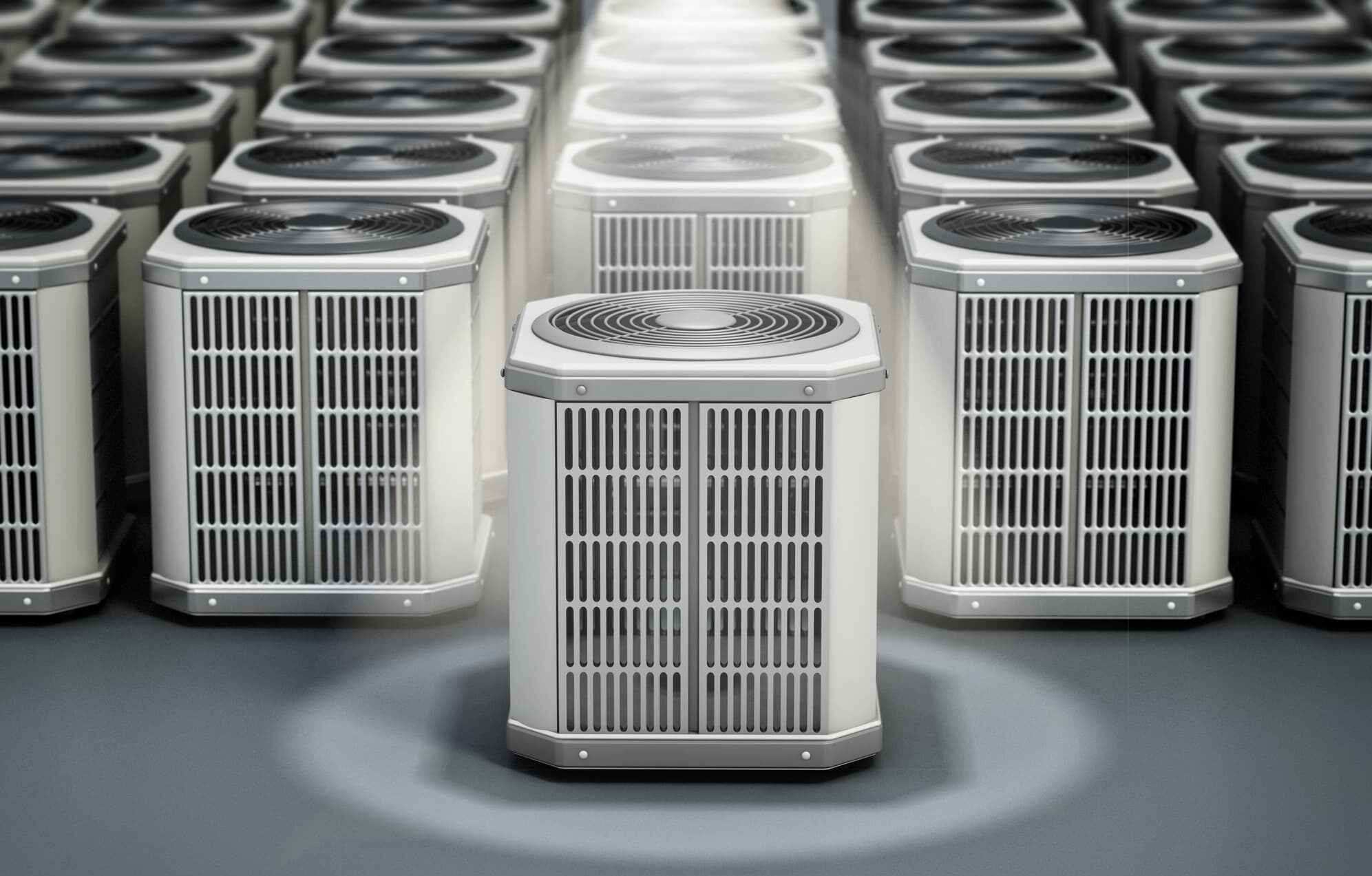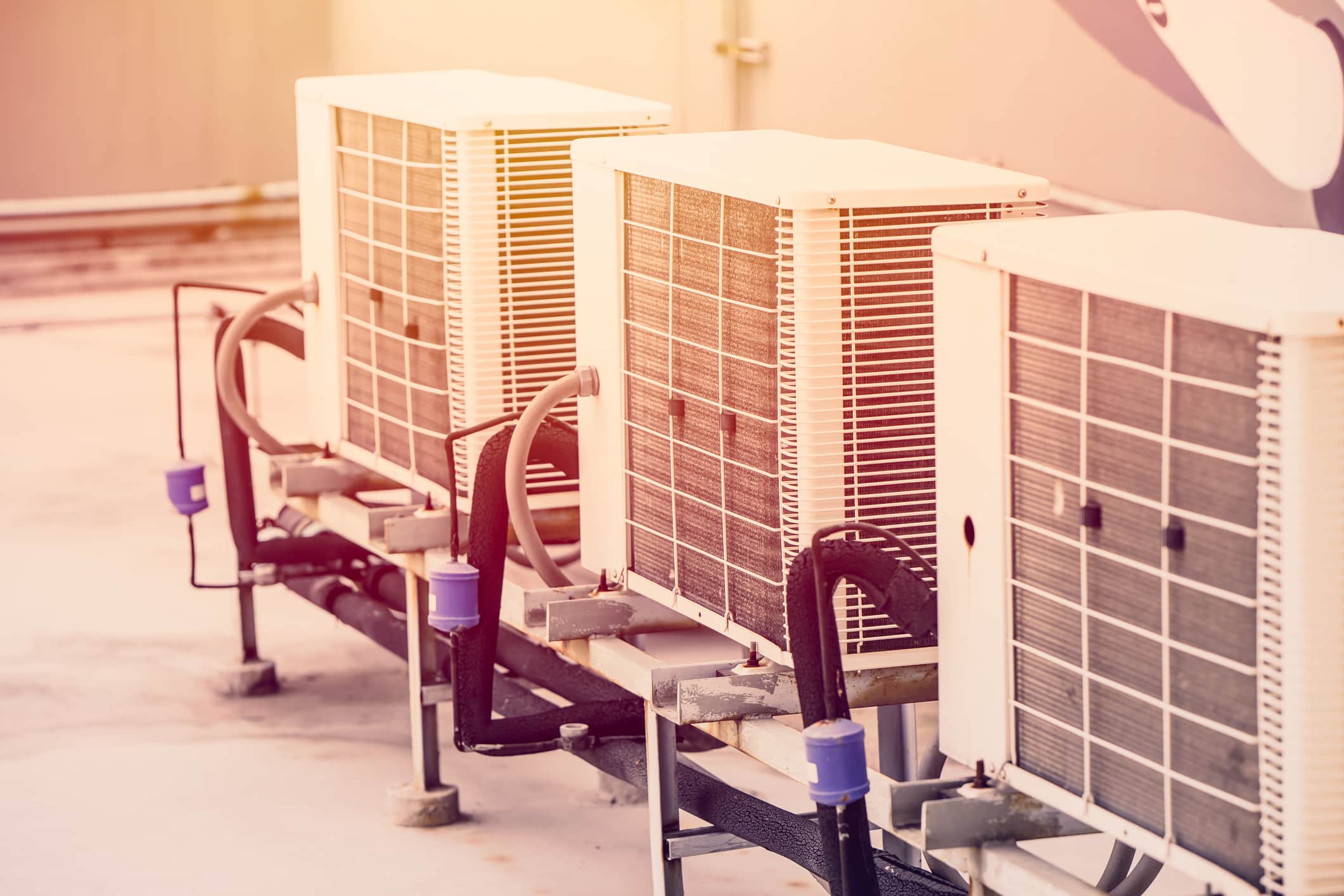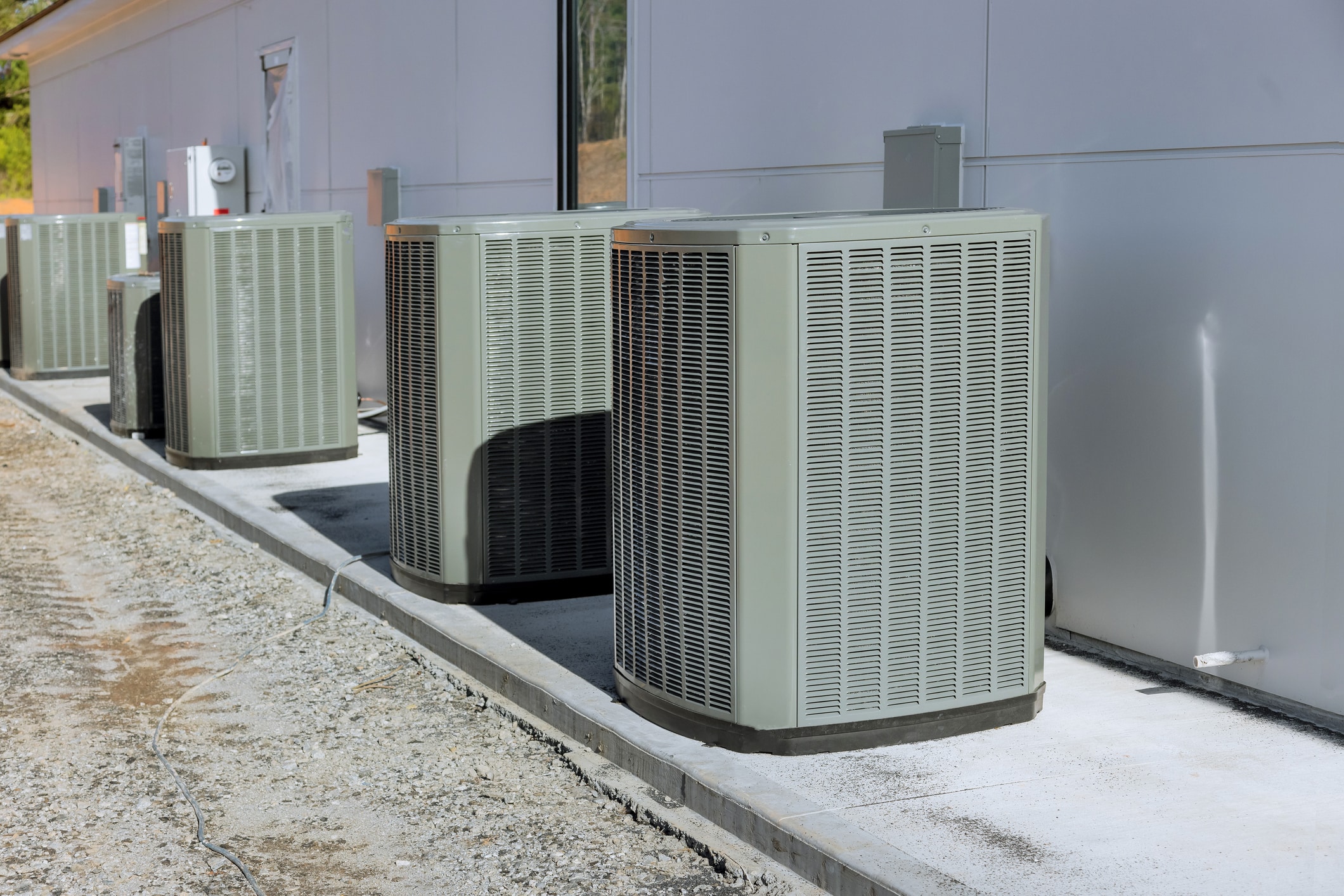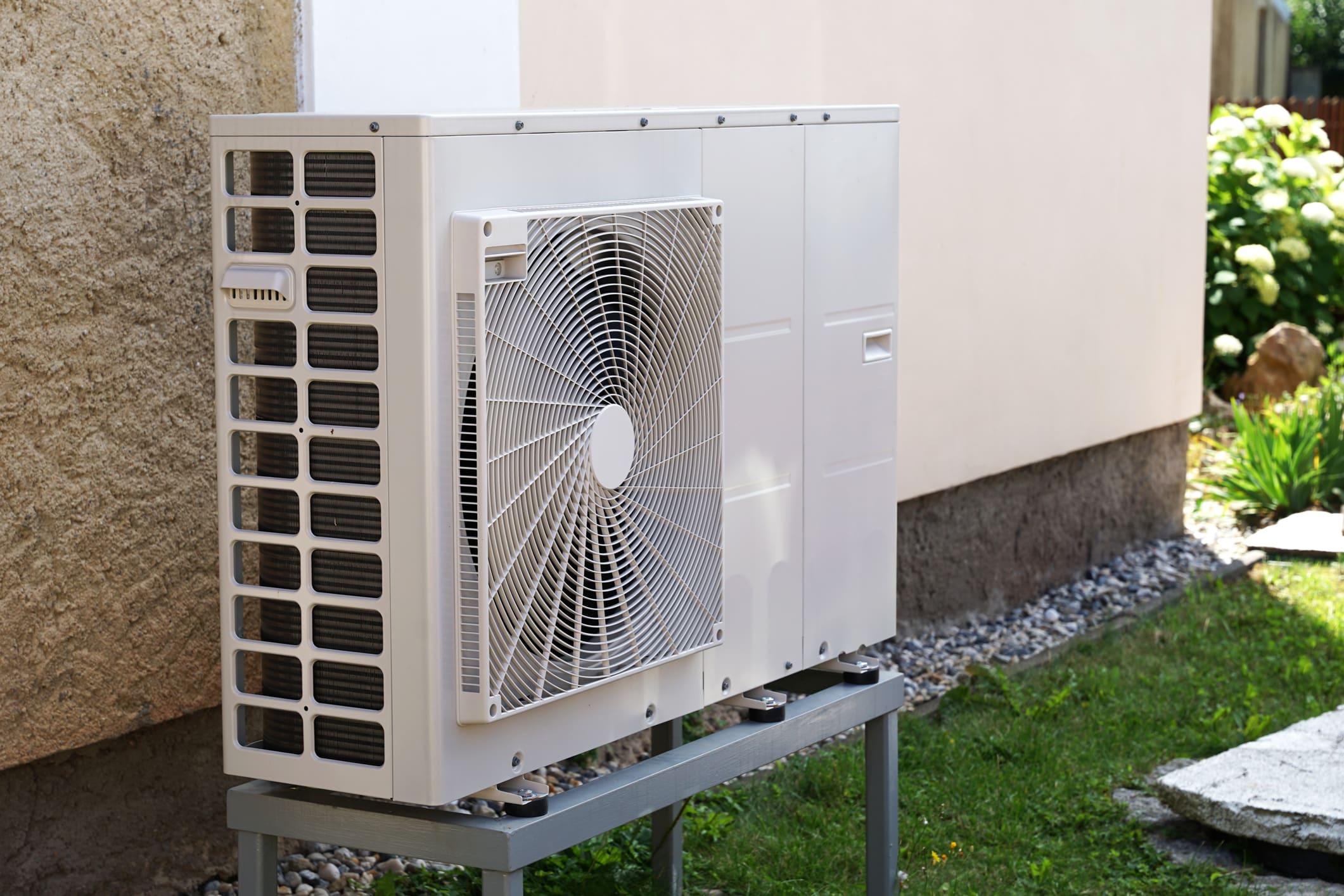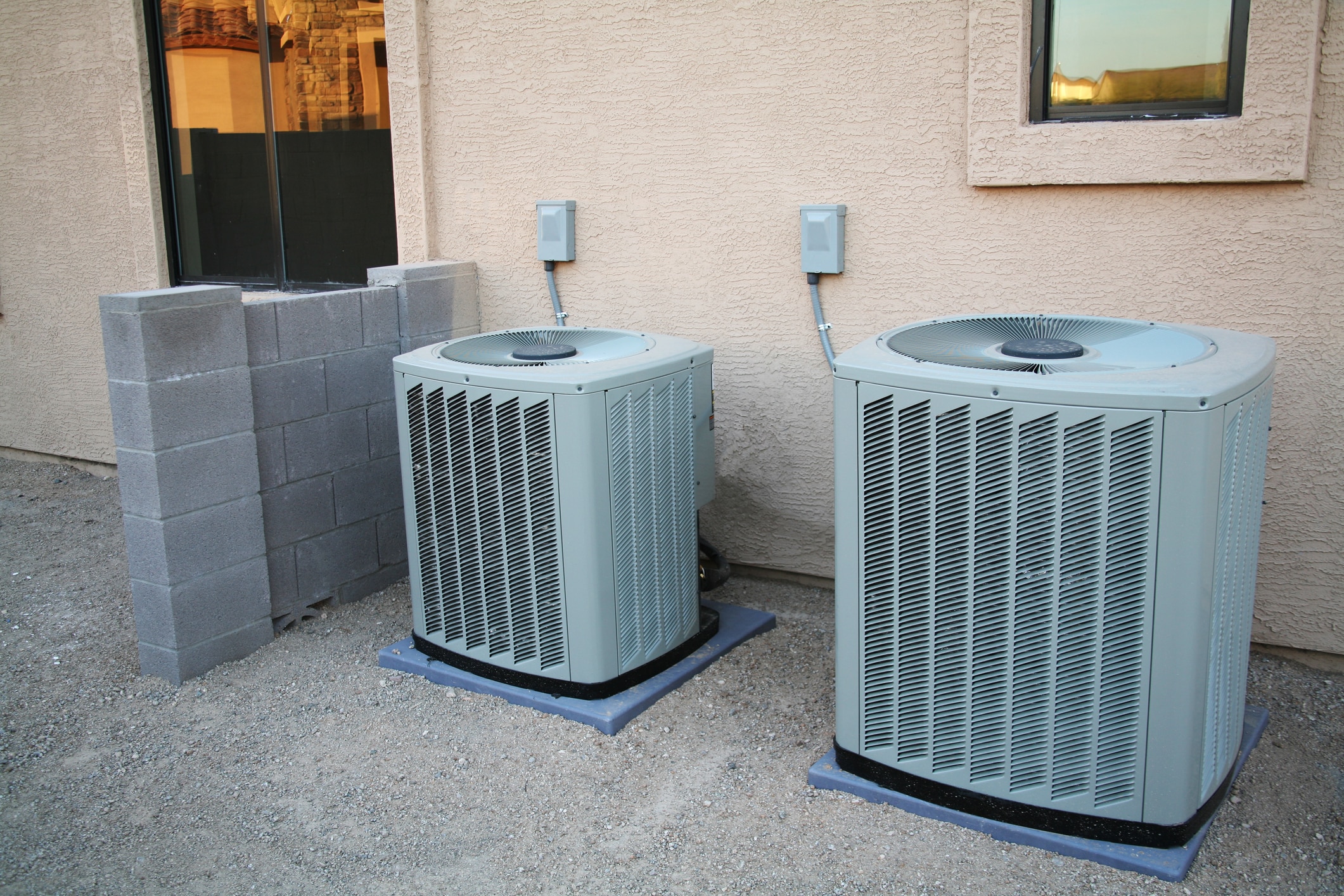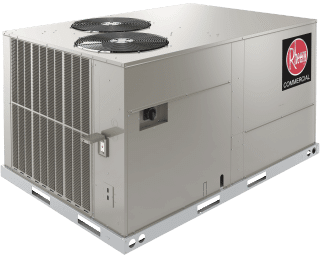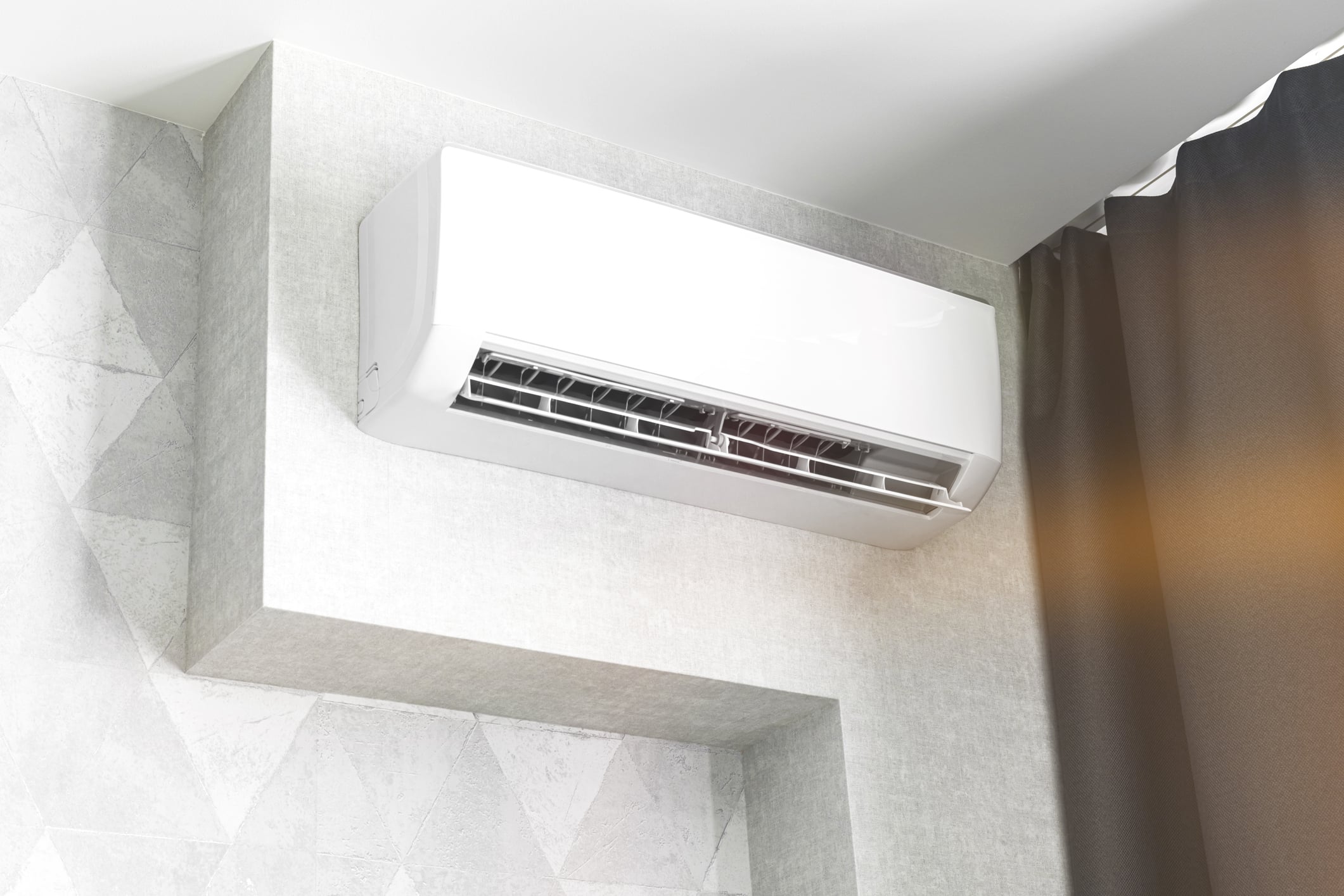
Top 5 Common AC Problems and Troubleshooting Tips
In the sweltering heat of summer or the unexpected warmth of spring, a functioning air conditioning (AC) unit is not just a luxury but a necessity. However, like any complex machinery, AC units are prone to a range of problems that can affect their efficiency and performance. Understanding these issues can help homeowners troubleshoot minor problems and know when to call in the experts. Here are the top 5 common AC problems and troubleshooting tips to keep your unit running smoothly.
1. AC Not Cooling Properly
One of the most common complaints with air conditioners is that they are not cooling effectively. This problem can be attributed to several factors, including dirty air filters, low refrigerant levels, or a faulty compressor.
Troubleshooting Tips:
- Check and replace the air filter: A clogged air filter restricts airflow, reducing the unit’s efficiency and ability to cool the air. Replacing or cleaning the air filter monthly during peak usage can solve this issue.
- Inspect the thermostat settings: Ensure the thermostat is set to “cool” and the temperature setting is lower than the current room temperature.
- Examine the outdoor unit: Debris and dirt can obstruct the condenser coils in the outdoor unit, hampering the cooling process. Cleaning around the unit and removing any obstructions can improve performance.
2. AC Blowing Warm Air
When your AC starts blowing warm air, it defeats the purpose of having it on. This issue can be due to a refrigerant leak, incorrect thermostat settings, or a compressor problem.
Troubleshooting Tips:
- Verify thermostat settings: Double-check that your thermostat is set to cool and is working correctly.
- Check for refrigerant leaks: Refrigerant leaks not only cause your AC to blow warm air but can also harm the environment. If you suspect a leak, contact a professional for a repair.
- Inspect the compressor: The compressor is crucial for refrigerant circulation. If it’s malfunctioning, your AC will not cool effectively. This typically requires professional assistance.
3. Unusual Noises from the AC Unit
An AC unit should run relatively quietly. If you start hearing weird noises like grinding, squealing, or rattling, it’s a sign that something’s wrong.
Troubleshooting Tips:
- Tighten loose parts: Sometimes, the noise can come from loose parts. Check the unit for any loose screws or components and tighten them.
- Lubricate the motor: If the squealing persists, it might be due to a lack of lubrication on the motor’s bearings. Applying lubricant can quieten the noise.
- Seek professional help: Grinding noises often indicate a serious problem, such as a failing motor. In such cases, it’s best to call a technician.
4. AC Unit Cycling On and Off Frequently
Also known as short cycling, this issue not only reduces efficiency but can also significantly shorten the lifespan of your unit.
Troubleshooting Tips:
- Clean or replace the air filter: A dirty filter can cause the unit to overheat and cycle off.
- Check the thermostat: Improper thermostat placement can lead to false temperature readings, causing the unit to cycle on and off.
- Inspect the refrigerant levels: Low refrigerant can cause the compressor to overheat and shut down. A professional can check and refill the refrigerant if needed.
5. Water Leaks Inside or Outside the AC Unit
Water leaks can be due to a clogged condensate drain line, a damaged drain pan, or improper installation.
Troubleshooting Tips:
- Clear the condensate drain line: Use a wet/dry vacuum to suck out any clogs from the drain line.
- Inspect the drain pan: Check for cracks or damage in the drain pan and replace it if necessary.
- Ensure proper installation: An improperly installed AC unit can lead to water leaks. Make sure the unit is level and that all connections are secure.
When to Call a Professional
While many minor issues can be resolved with simple troubleshooting, some problems require the expertise of a professional. If you’ve attempted the above tips and your AC is still not functioning correctly, or if you suspect a more serious issue, such as a refrigerant leak or a damaged compressor, it’s time to call in the experts.
Conclusion
Regular maintenance and timely troubleshooting can significantly extend the life of your AC unit and ensure it runs efficiently. By understanding these common problems and how to address them, you can keep your living space comfortable and your energy bills in check. However, don’t hesitate to contact a professional HVAC technician for complex issues or regular maintenance checks to keep your air conditioning system in top condition. Remember, the key to a long-lasting AC unit is not just quick fixes but also preventative care and professional oversight.
Don’t Wait, Call Now!
Don’t let AC problems disrupt your comfort! For expert AC repair, maintenance, and installation services, trust Natal Air Conditioning. Visit our website or call us today at (954) 787-5339 to get a free consultation and learn more about how we can elevate your HVAC experience. Your comfort is our priority, and we’re here to ensure your air conditioning system operates flawlessly.


